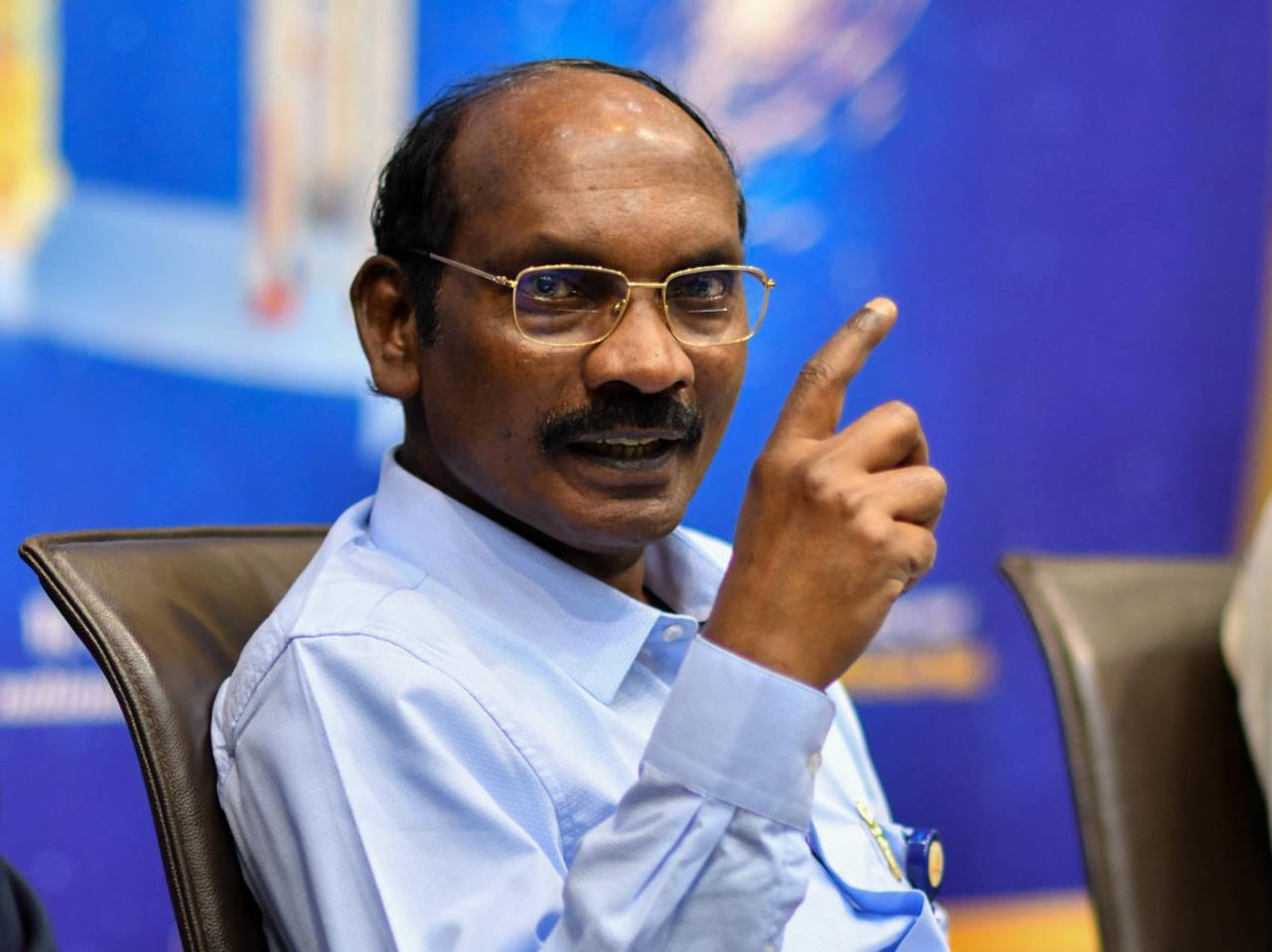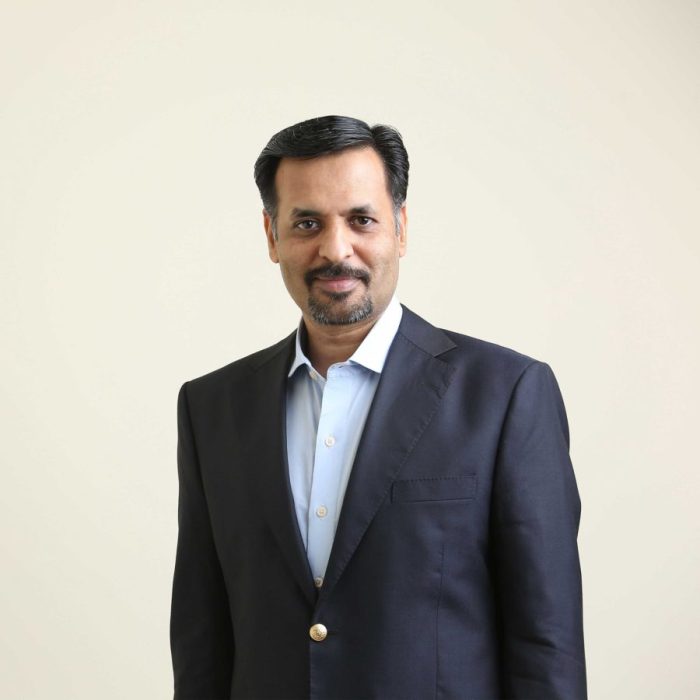Which officer presides over and conducts meetings? This question lies at the heart of understanding the dynamics and efficiency of any organization or gathering. The presiding officer plays a pivotal role in ensuring order, productivity, and the successful execution of meetings.
This comprehensive guide delves into the responsibilities, best practices, and essential qualities of presiding officers, providing valuable insights into their critical function.
Presiding officers are entrusted with the authority to maintain order, facilitate discussions, and make impartial decisions during meetings. Their ability to effectively manage the proceedings has a direct impact on the overall outcome and success of the gathering. This guide explores the various types of presiding officers, their unique roles, and the qualifications required to excel in this demanding position.
Roles and Responsibilities of the Presiding Officer

The presiding officer is responsible for overseeing and conducting meetings in an orderly and efficient manner. They have the authority to maintain order, facilitate discussions, and make decisions on procedural matters.
Primary Duties
- Call meetings to order and adjourn them
- Recognize speakers and control the flow of discussion
- Enforce meeting rules and parliamentary procedures
- Make rulings on points of order and procedural motions
- Maintain a record of meeting proceedings
Authority and Powers
The presiding officer has the authority to:
- Rule on procedural matters and enforce meeting rules
- Recognize speakers and control the flow of discussion
- Set time limits for speeches and debates
- Call for votes and announce the results
- Suspend or adjourn meetings if necessary
Conducting Effective Meetings

Effective presiding officers create a positive and productive meeting environment. They use best practices to maintain order, facilitate discussion, and ensure that meetings are efficient and productive.
Maintaining Order and Decorum
To maintain order and decorum, presiding officers should:
- Start and end meetings on time
- Adhere to the meeting agenda
- Enforce meeting rules and parliamentary procedures
- Control the flow of discussion and prevent interruptions
- Address disruptive or disrespectful behavior
Facilitating Productive Discussions
To facilitate productive discussions, presiding officers should:
- Encourage participation from all members
- Summarize key points and restate questions
- Mediate conflicts and promote consensus
- Use active listening skills to understand different perspectives
- Foster a respectful and collaborative atmosphere
Parliamentary Procedures and Rules
Parliamentary procedures provide a framework for conducting meetings in an orderly and fair manner. They ensure that all members have an opportunity to participate and that decisions are made in a democratic way.
Role of Parliamentary Procedures
- Establish rules for conducting meetings
- Provide a structure for debate and decision-making
- Protect the rights of all members
- Ensure fairness and transparency
- Prevent meetings from becoming chaotic or unproductive
Common Parliamentary Motions
- Main motion: Proposes a specific action
- Amendment: Modifies or adds to a main motion
- Motion to table: Postpones consideration of a motion
- Motion to adjourn: Ends the meeting
- Point of order: Raises a question about the conduct of the meeting
Types of Presiding Officers

Different types of presiding officers are responsible for overseeing meetings in various settings.
Based on Nature of Meeting
- Board Chair:Presides over board of director meetings
- Committee Chair:Leads meetings of committees
- Meeting Facilitator:Guides meetings focused on specific outcomes
- Town Hall Moderator:Manages public meetings
Based on Organization
- Corporate President:Presides over shareholder meetings
- Parliamentary Speaker:Oversees legislative assemblies
- Judge:Conducts court proceedings
- School Principal:Leads faculty and parent meetings
Qualifications and Training
Effective presiding officers typically have:
- Strong communication and leadership skills
- Knowledge of parliamentary procedures and meeting protocols
- Ability to maintain order and resolve conflicts
- Impartiality and objectivity
- Training or experience in presiding over meetings
Effective Communication and Leadership: Which Officer Presides Over And Conducts Meetings

Presiding officers play a critical role in setting the tone and guiding the direction of meetings. They must possess effective communication and leadership skills to foster collaboration and consensus among participants.
Importance of Communication Skills
- Clearly articulate meeting objectives and expectations
- Summarize discussions and restate key points
- Facilitate constructive dialogue and prevent misunderstandings
- Address conflicts and resolve disagreements respectfully
- Create a positive and inclusive meeting environment
Fostering Collaboration and Consensus, Which officer presides over and conducts meetings
To foster collaboration and consensus, presiding officers should:
- Encourage active participation from all members
- Seek input and perspectives from diverse viewpoints
- Facilitate brainstorming and problem-solving sessions
- Identify common ground and areas of agreement
- Build relationships and trust among participants
FAQ Corner
What is the primary role of a presiding officer?
The presiding officer’s primary role is to maintain order, facilitate discussions, and make impartial decisions during meetings.
What are some common parliamentary motions used by presiding officers?
Common parliamentary motions include motions to adjourn, amend, postpone, and table.
What qualifications are typically required for effective presiding officers?
Effective presiding officers typically possess strong communication skills, impartiality, knowledge of parliamentary procedures, and the ability to manage diverse perspectives.